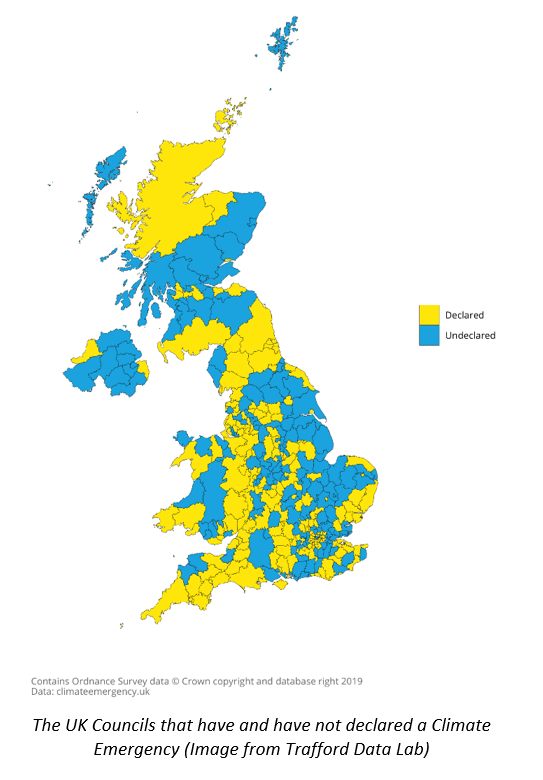An estimated 600,000 homes in England are expected to benefit from the Green Homes Grant, which went live on 30th September 2020. The intervention is welcomed by an industry that will be pivotal in the UK meeting its net-zero target, and it is hoped that this will be the start of a retrofit revolution.
However, its estimated impact must be taken into context; approximately 29 million homes in the UK must be retrofit. Without sufficient incentive or regulations, the Government will rely on homeowners taking responsibility in the net-zero transition and covering the cost of decarbonising their properties. Maybe this is not entirely unreasonable: 13.2 million homes in the UK are classified as ‘able to pay’.
The question is perhaps not whether this is reasonable but rather whether it is realistic. Although market and policy forces are likely to play an important role in incentivising the ‘able to pay’ sector to invest in insulation, a lack of public engagement is cited as a significant barrier to the decarbonisation of homes.
The role of community-led action in engaging the consumer in the low carbon transition within their homes is often discussed by think-tanks and policymakers. This was in fact the focus of a recent webinar, hosted by Regen: ‘Local Leadership to Transform our Energy System’.
Why Does Local Leadership Influence Consumer Responsibility?
Environmental psychology is the study of how consumers engage with their environment. This discipline is fundamental to our understanding of what drives consumer behaviour and to what extent consumers will take action to support the collective journey to net-zero. Two key concepts clearly point to the role of community-led action.
Consumers Act on Issues that Directly Affect Them
The impact of direct versus indirect experience is the principle that individuals feel more compelled to act on an issue which directly affects them. A recent survey conducted by Cardiff University shows that 40% of respondents are very or extremely worried about climate change, up from 19% in 2016.
Researchers believe this change of opinion is partly due to more frequent extreme weather events in the UK, particularly flooding. The Extinction Rebellion protests and the ‘School Strikes for Climate’, which received significant media coverage, were also cited as events which may have influenced public perception. As the impacts of climate change become more tangible, individuals are more able to connect with the importance of reaching the net-zero goal: they understand what is at stake. However, there remains a way to go in getting consumers fully on board. This points to the importance of effective communication surrounding the local impacts of climate change within an area, to further engage consumers in the wider discussion.
Consumers Often Have an External Locus of Control Surrounding Climate Change
An external locus of control is the perception that individual action will not bring about significant change. It is common for consumers to feel that their actions will have little impact in limiting climate change. This was evidenced in the Cardiff University study, which found that whilst some respondents were supportive of making lifestyle changes, they were less compelled to act altruistically, if they felt they were doing so alone. This indicates the requirement for collaboration within communities; individuals need to feel part of a collective group acting to tackle climate change, as opposed to feeling powerless to effect change.
What Can be Done?
Local Authorities (LAs) have begun to localise the climate discussion, with 68% of Councils declaring a ‘Climate Emergency’ in recent years.

However, these declarations are only the beginning. It is important that LAs, supported by national policy, capture the shift in public opinion and take an active role in public engagement around action towards net-zero. This includes communicating the benefits of insulation retrofits.
There are a variety of interventions that could be taken by LAs in line with these principles, including improved communication of local level climate impacts and the creation of community groups. LAs may also choose to nominate ‘Local Energy Champions’ to communicate practical advice on how they have minimised their impact and compel others to do the same.
LAs are arguably best placed to implement these changes. However, the role of policy makers in Whitehall should not be underestimated: National policy is important in supporting LAs through the provision of resource; the issuance of national guidance, where appropriate; and ensuring there is sufficient incentive for LAs to take action.
Consumers are more engaged and willing to act than ever before and effective collaboration has the potential to unlock significant contributions towards our net-zero target. Although there is a long way to go, there is much to be positive about.
This Article was Informed by the Following Resources

